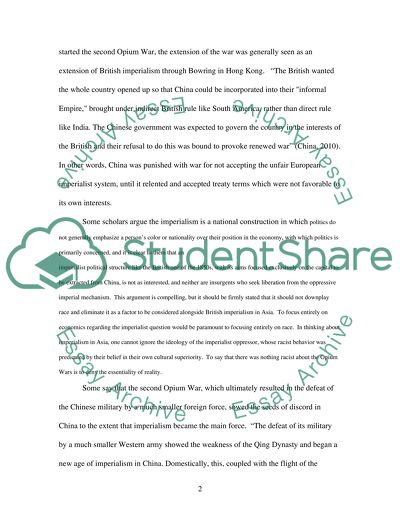Cite this document
(Foreigners Changing China 1850-1980 Essay Example | Topics and Well Written Essays - 1750 words, n.d.)
Foreigners Changing China 1850-1980 Essay Example | Topics and Well Written Essays - 1750 words. https://studentshare.org/history/1565356-foreigners-changing-china-1850-1980
Foreigners Changing China 1850-1980 Essay Example | Topics and Well Written Essays - 1750 words. https://studentshare.org/history/1565356-foreigners-changing-china-1850-1980
(Foreigners Changing China 1850-1980 Essay Example | Topics and Well Written Essays - 1750 Words)
Foreigners Changing China 1850-1980 Essay Example | Topics and Well Written Essays - 1750 Words. https://studentshare.org/history/1565356-foreigners-changing-china-1850-1980.
Foreigners Changing China 1850-1980 Essay Example | Topics and Well Written Essays - 1750 Words. https://studentshare.org/history/1565356-foreigners-changing-china-1850-1980.
“Foreigners Changing China 1850-1980 Essay Example | Topics and Well Written Essays - 1750 Words”. https://studentshare.org/history/1565356-foreigners-changing-china-1850-1980.


